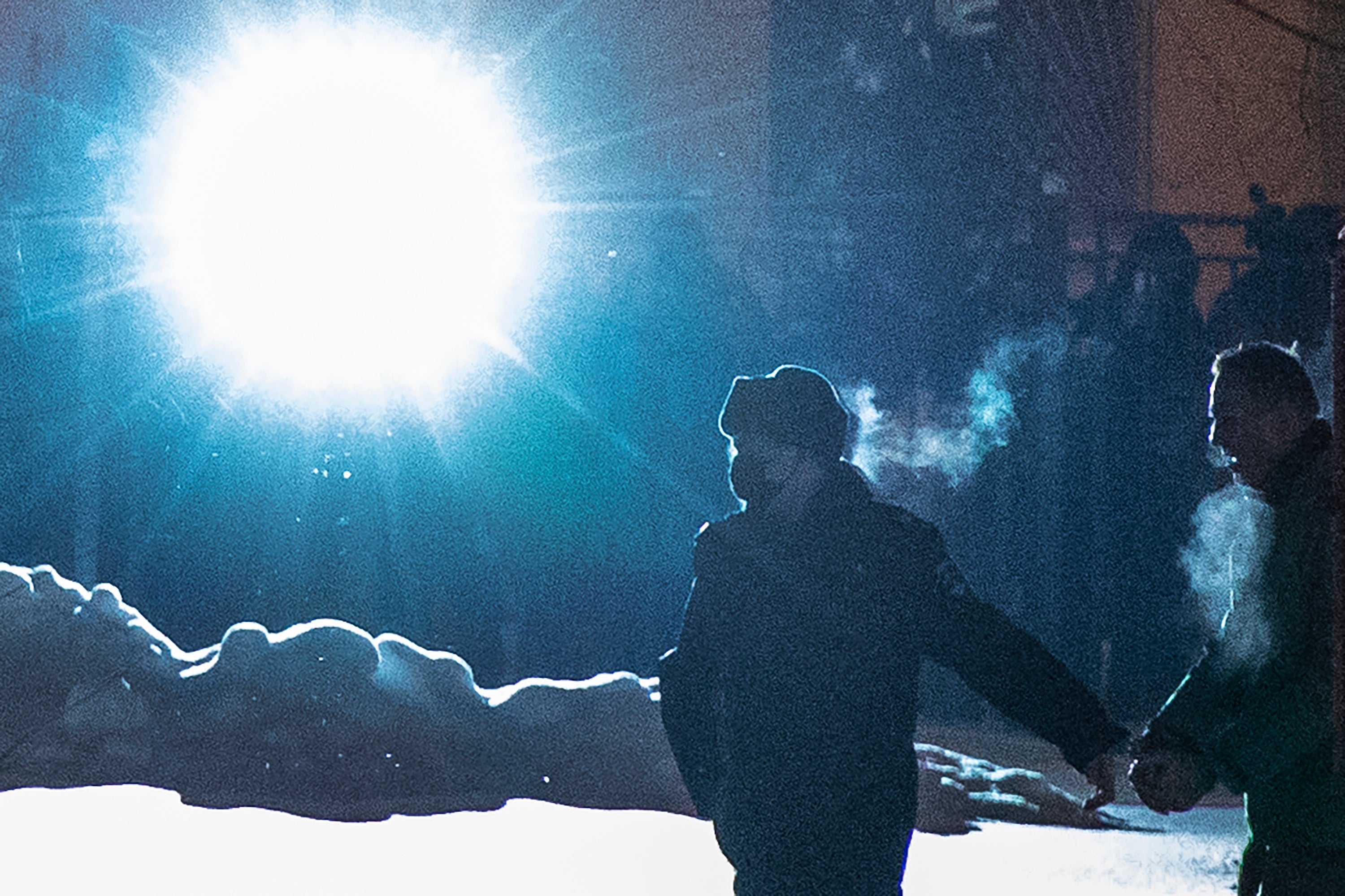Kremlin brushes off Western calls to release Navalny
The Kremlin on Tuesday brushed off calls from U.S. and European officials to release opposition leader Alexei Navalny, arrested after he returned to Russia from Germany where he was treated for nerve agent poisoning

Your support helps us to tell the story
From reproductive rights to climate change to Big Tech, The Independent is on the ground when the story is developing. Whether it's investigating the financials of Elon Musk's pro-Trump PAC or producing our latest documentary, 'The A Word', which shines a light on the American women fighting for reproductive rights, we know how important it is to parse out the facts from the messaging.
At such a critical moment in US history, we need reporters on the ground. Your donation allows us to keep sending journalists to speak to both sides of the story.
The Independent is trusted by Americans across the entire political spectrum. And unlike many other quality news outlets, we choose not to lock Americans out of our reporting and analysis with paywalls. We believe quality journalism should be available to everyone, paid for by those who can afford it.
Your support makes all the difference.The Kremlin on Tuesday brushed off calls from U.S. and European officials to release opposition leader Alexei Navalny who was arrested after returned to Russia from Germany following treatment for nerve agent poisoning, calling the situation with Navalny “an absolutely internal matter ”
Statements have come from around the globe condemning the arrest and calling for the immediate release of Navalny, who blames his poisoning on President Vladimir Putin's government. They add to the existing tensions between Russia and the West, with some EU countries suggesting the imposition of additional sanctions against Moscow.
Kremlin spokesman Dmitry Peskov told reporters Tuesday that “we can't and are not going to take these statements into account.”
“We are talking about a fact of non-compliance with the Russian law by a citizen of Russia. This is an absolutely internal matter and we will not allow anyone to interfere in it and do not intend to listen to such statements," Peskov told reporters.
Navalny was detained at passport control at Moscow’s Sheremetyevo airport after flying in Sunday evening from Berlin, where he was treated following the poisoning in August. He was ordered to pre-trial detention for 30 days Monday during a court hearing that was hastily set up at a police precinct where Navalny was being held.
Russia's prison service maintains Navalny, Russia's most prominent opposition figure and anti-corruption campaigner, violated the probation terms of his suspended sentence on a 2014 money-laundering conviction, which was deemed “arbitrary” by the European Court of Human Rights.
Officials are seeking to have Navalny serve the 3 1/2-year suspended sentence in prison.
The politician has interpreted the crackdown against him as a sign of Putin's fear. But Peskov insisted Tuesday Navalny had violated the law, and said that questions law enforcement had for him “have nothing whatsoever to do with the Russian president.”
Navalny fell into a coma while aboard a domestic flight from Siberia to Moscow on Aug. 20 and was airlifted to a Berlin hospital two days later. Labs in Germany, France and Sweden, and tests by the Organization for the Prohibition of Chemical Weapons, established that he was exposed to a Soviet-era Novichok nerve agent.
Russian authorities insisted that the doctors who treated Navalny in Siberia found no traces of poison and refused to open a full-fledged criminal probe.
Last month, Navalny released the recording of a phone call he said he made to a man he alleged was a member of a group of officers of Russia’s Federal Security Service, or FSB, who purportedly poisoned him in August and then tried to cover it up. The FSB has dismissed the recording as fake.
After Navalny was jailed on Monday, his allies announced preparations for nationwide mass protests on Saturday and released a video of Navalny urging people to not “be afraid” and “take to the streets.”
Peskov said that while the calls to take to the streets were “alarming,” the Kremlin didn't fear mass protests.